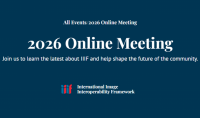-
Free text
- The presentation included a sneak peek of the status of the pilots and XR tools prototypes
On the Autumn edition of the Europeana Aggregators Forum (15-16 October 2025), Valentina Bachi from Photoconsortium was invited to delivered a presentation to showcase the outcomes and progress of EUreka3D-XR. The presentation started with the two main outcomes from EUreka3D … Continue reading →
 Workshop at Digital Heritage 2025, Siena, Italy - 8th September 2025 h. 15.30-18
Workshop at Digital Heritage 2025, Siena, Italy - 8th September 2025 h. 15.30-18EUreka3D-XR takes part in the Digital Heritage 2025, a widely recognized event dedicated to the advancement of theory and practice within digital cultural heritage. DH 4th edition brings together leading international scientific organisations, initiatives and events, all in one venue with … Continue reading →
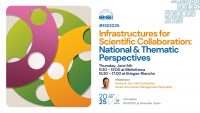 project presentation with video and dissemination materials at the important event on e-infrastructures
project presentation with video and dissemination materials at the important event on e-infrastructuresThe EUreka3D inititiave is presented in the EGI Conference, which takes place at the Palacio de la Magdalena in Santander, Spain from June 2nd to June 6th, 2025. The project coordinator, Antonella Fresa, will deliver the speech Transforming the digital cultural … Continue reading →
Area: digital heritage
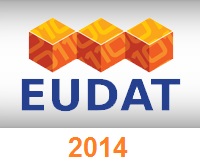
EUDAT is embarking on its third year with an even stronger focus on communities, services (both existing and new), training and collaboration. Continue reading

iPRES is the major international conference on the preservation and long-term management of digital materials. The iPRES 2017 hosted by Kyoto University will contribute to promotion of researches and development of technologies and services of digital preservation. Following the success of the previous conferences, the iPRES 2017 will serve as an international forum for the global community of digital preservation. Continue reading
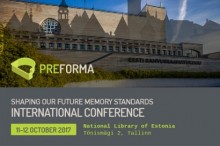
Following the successful workshops organised in Stockholm, Berlin and Padua, the PREFORMA project invites all the members of the digital preservation community to attend the PREFORMA International Conference – Shaping our future memory standards, which will be held in Tallinn … Continue reading
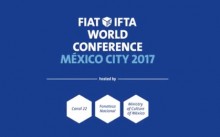
The 2017 edition of the FIAT/IFTA World Conference will be organised in October 2017 in Mexico City. FIAT/IFTA’ s annual conference is a unique opportunity to discover the future of the audiovisual domain and its new tendencies and uses, exchange knowledge and experience, and promote the study of any topic relevant to the development and valorisation of audiovisual archives. Continue reading
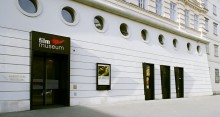
The PREFORMA project and MediaArea are pleased to announce initial details for a 2nd No Time to Wait symposium, hosted by the Österreichisches Filmmuseum – Austrian Film Museum. Members of audiovisual archiving, digital preservation, open media development, and open format standardization communities as well as curious onlookers are welcome to attend, discuss, and present on subjects pertaining to the intersection of open media, standardization, and audiovisual preservation. Continue reading
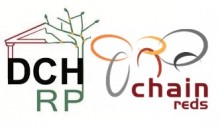
A Memorandum of Understanding has been signed between the two projects to promote and support technological and scientific collaboration across different e-Infrastructures established and operated in various continents, in order to define a path towards a global e-Infrastructure ecosystem. Continue reading

Analysis of the research tasks that were difficult or impossible with the IPSA website, but which CULTURA makes possible and easy. Continue reading
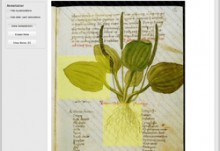
Text, illustrations, paintings and – more recently – photographs, video and audio recordings, much of them now digitised, recount many aspects of European history, from major international events to personal stories. Now, new technology is being brought to bear on these treasure troves of historical information, thanks to EU-funded researchers whose work promises to shed new light on the past. Continue reading
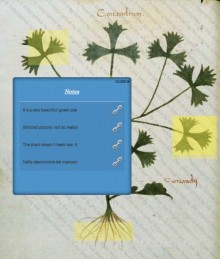
Interesting paper presented by a group of experts and researchers at the ACM Congress DocEng 2013 to introduce the main characteristics of the digital cultural collections that constitute the use cases presently in use in the CULTURA environment. Continue reading
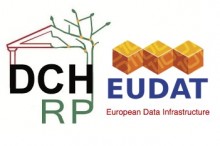
A Memorandum of Understanding has been signed to formalise the fruitful cooperation started in the past months between the two projects funded by the European Commission. Continue reading



















